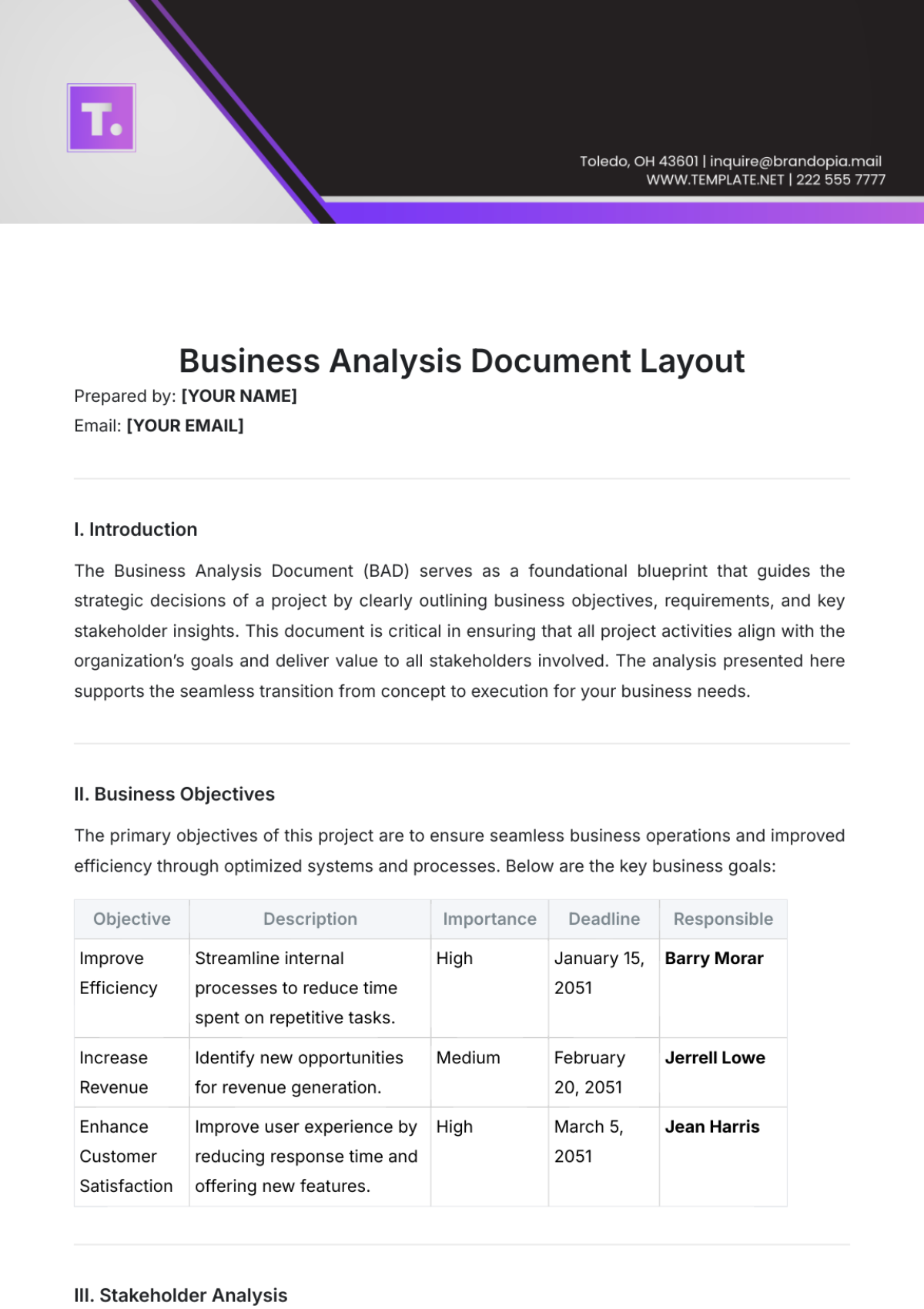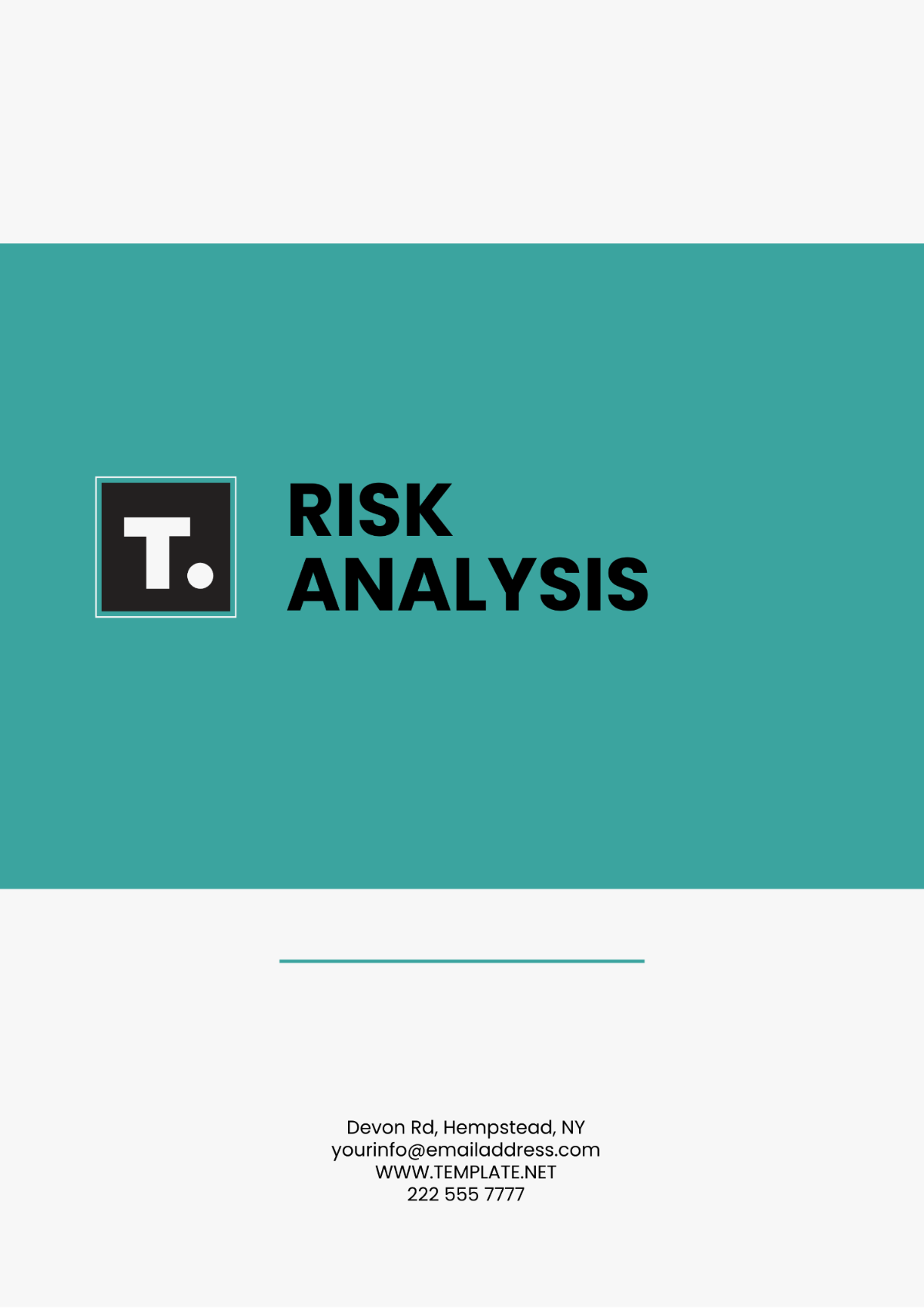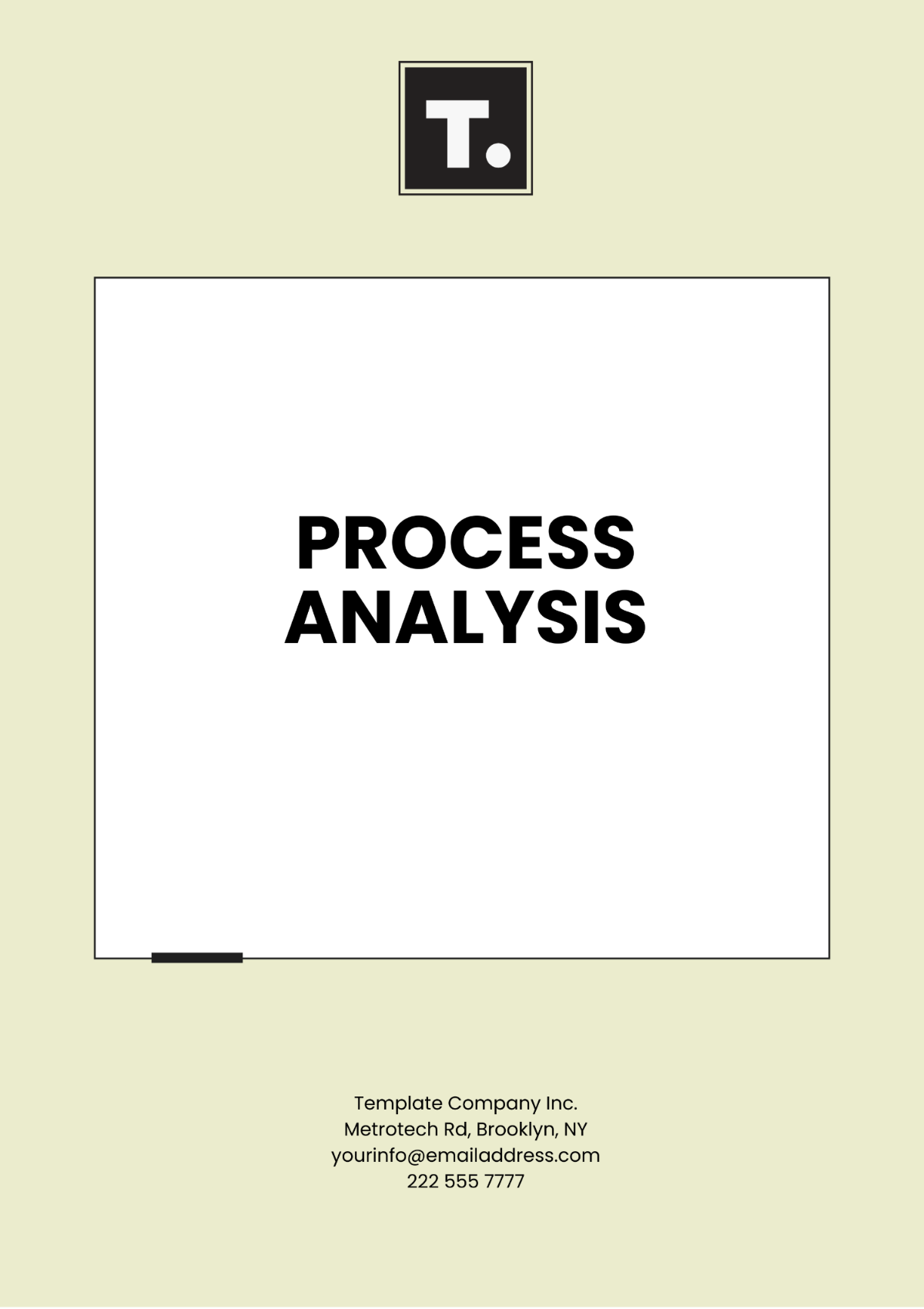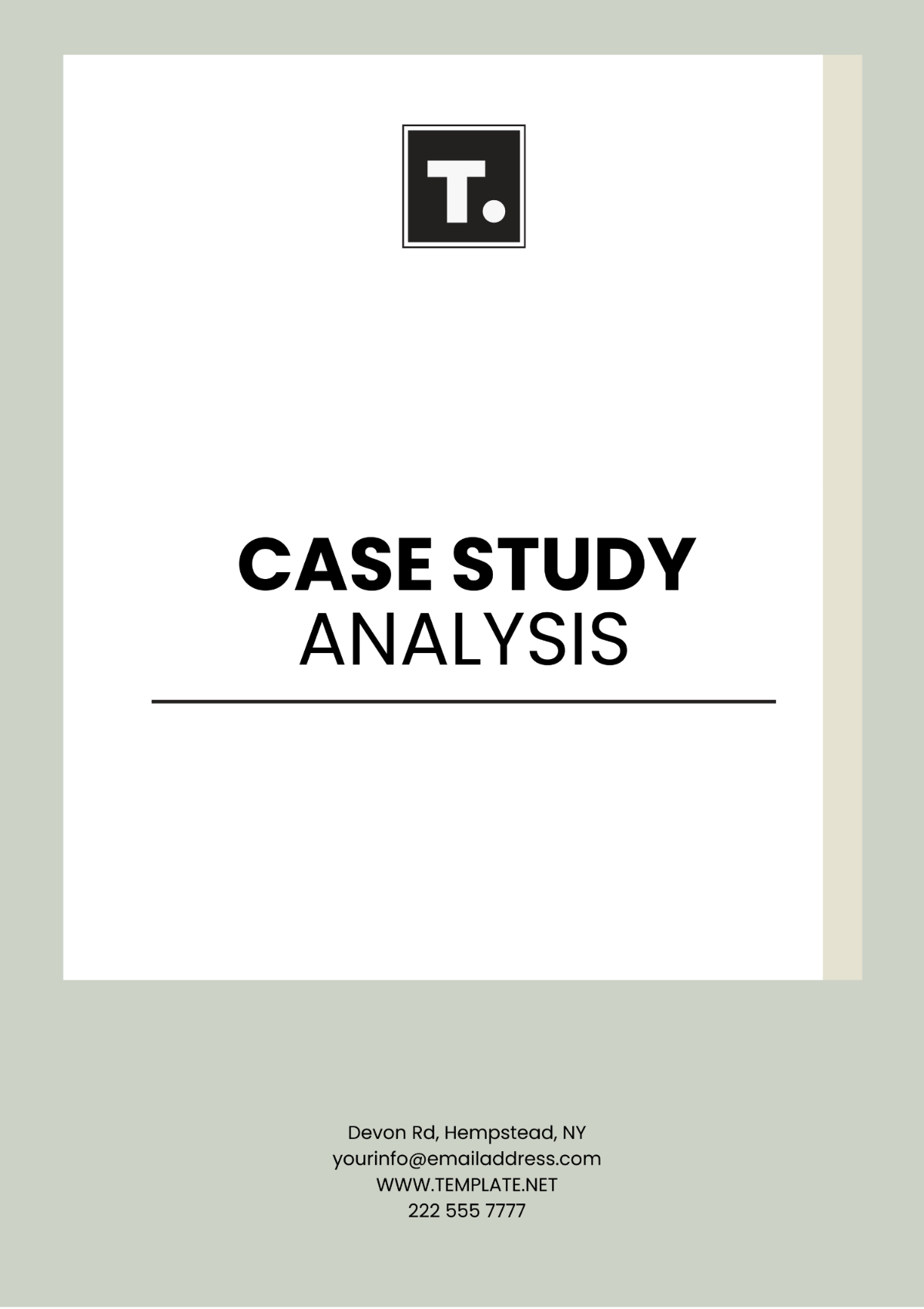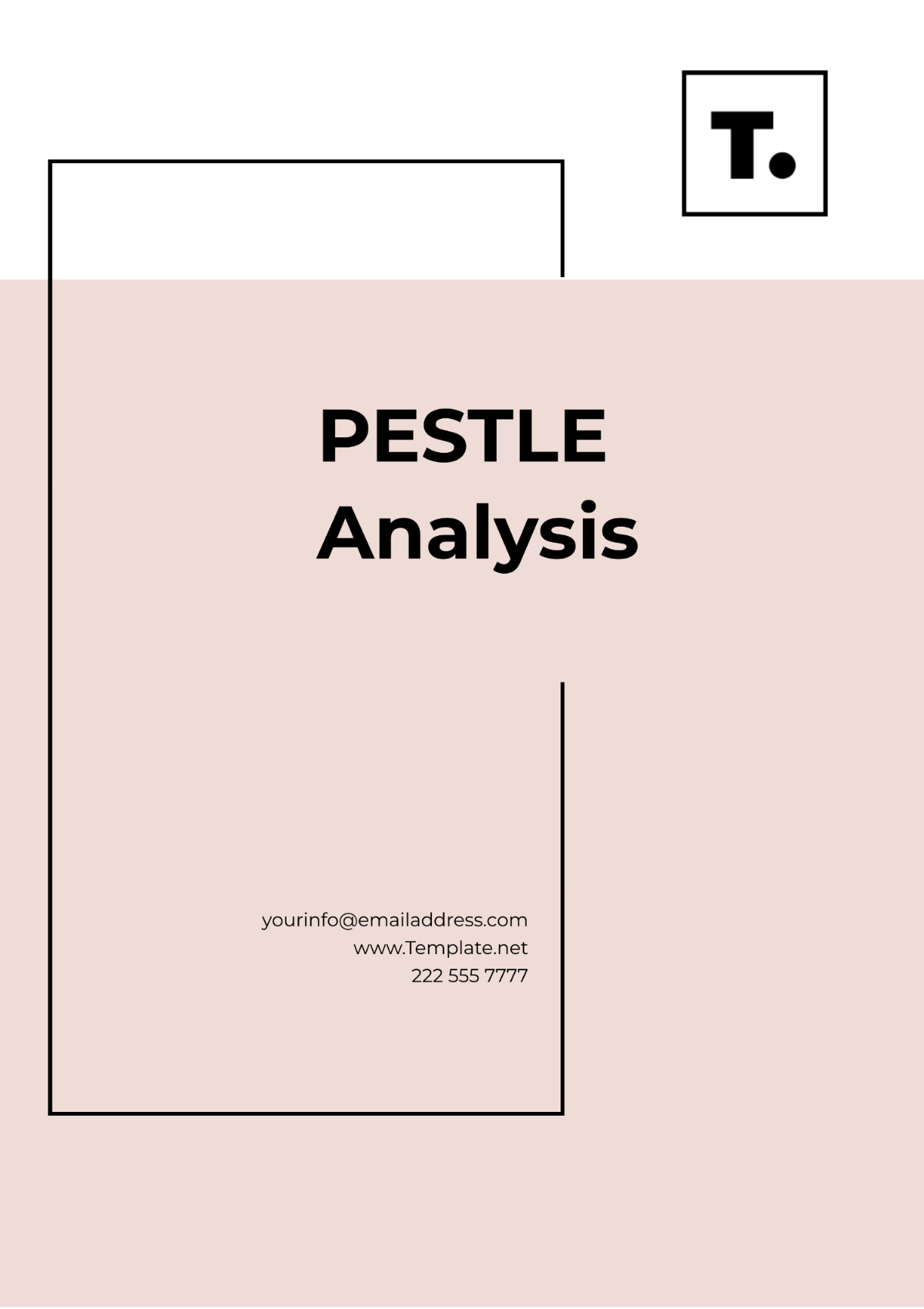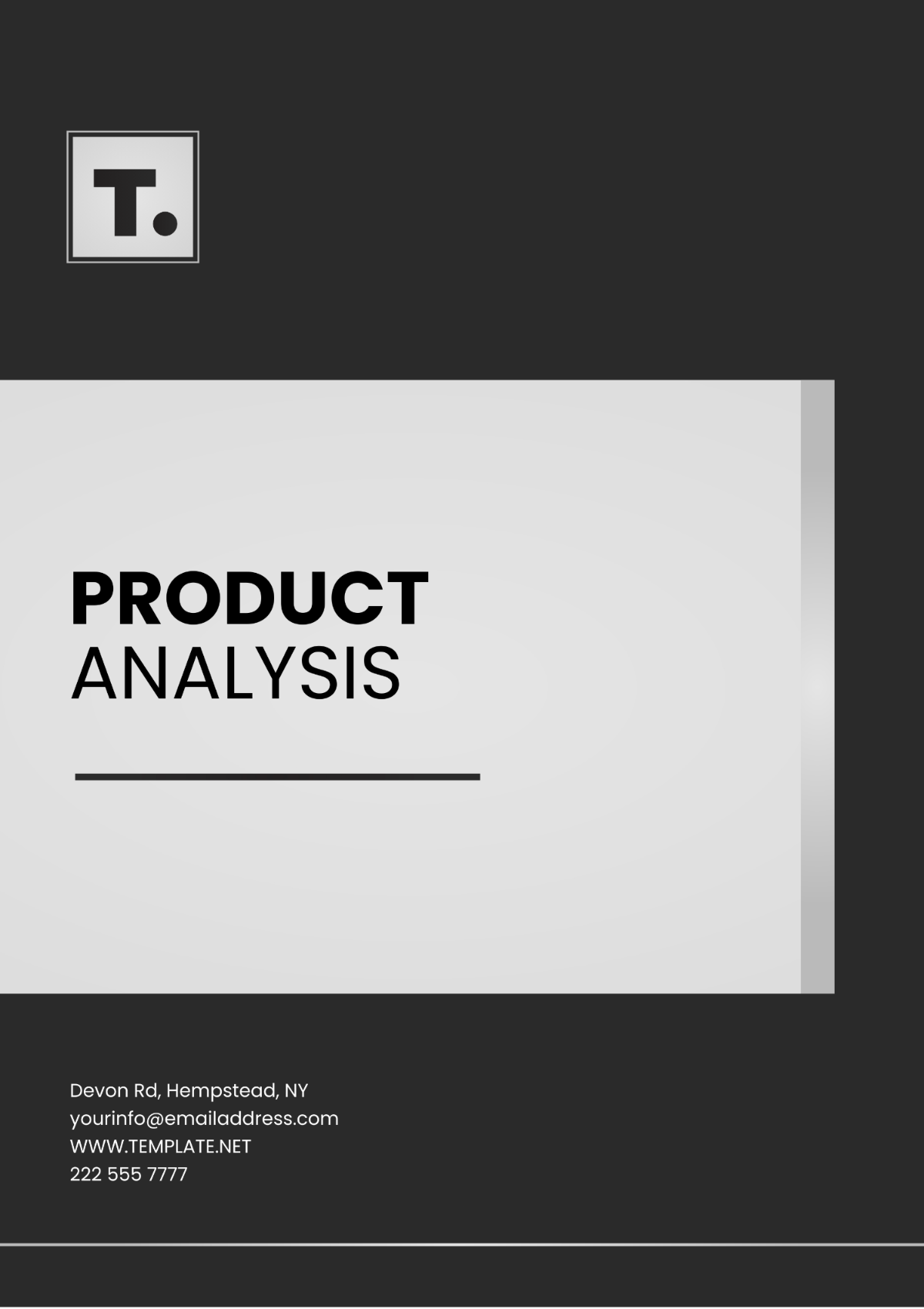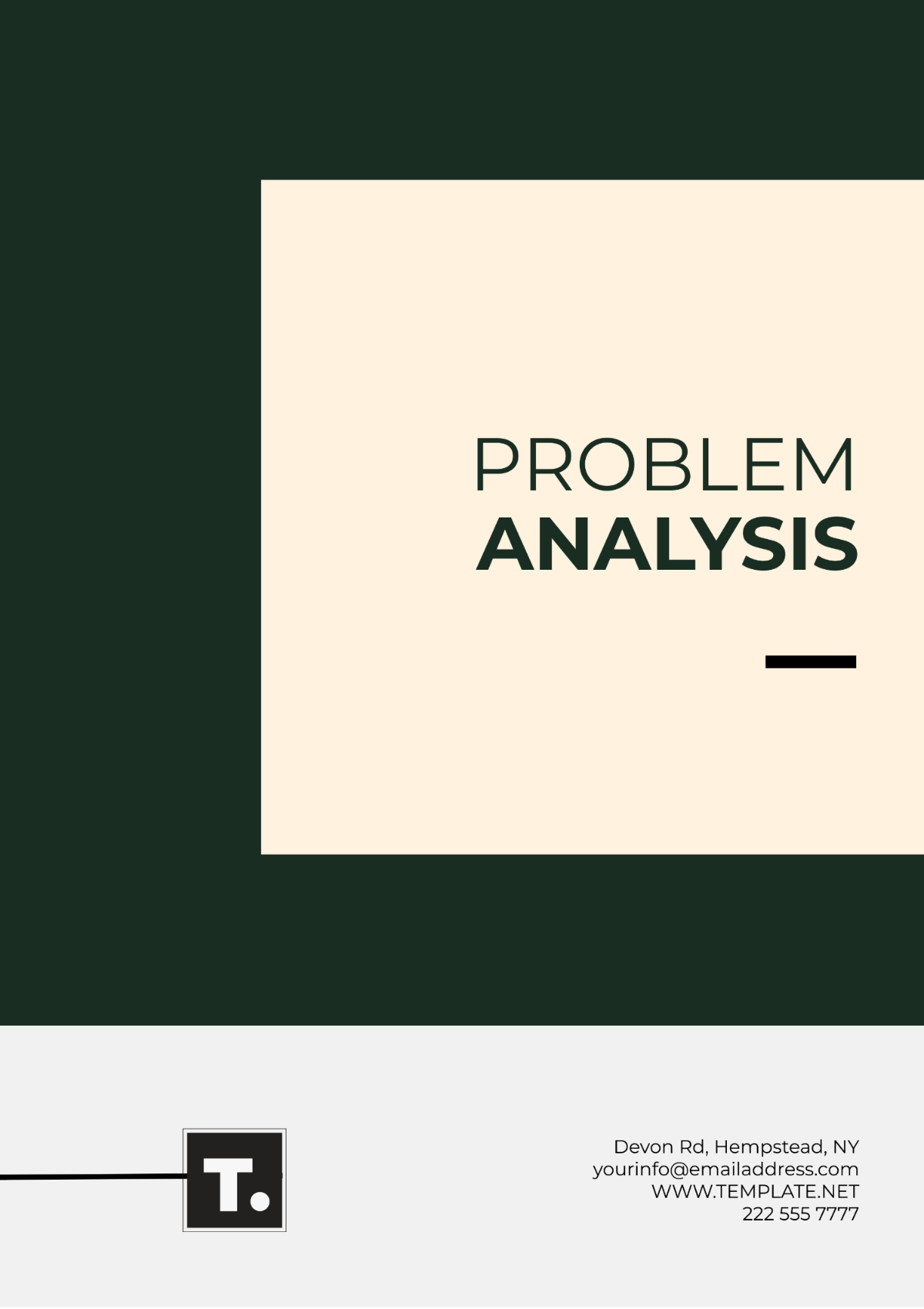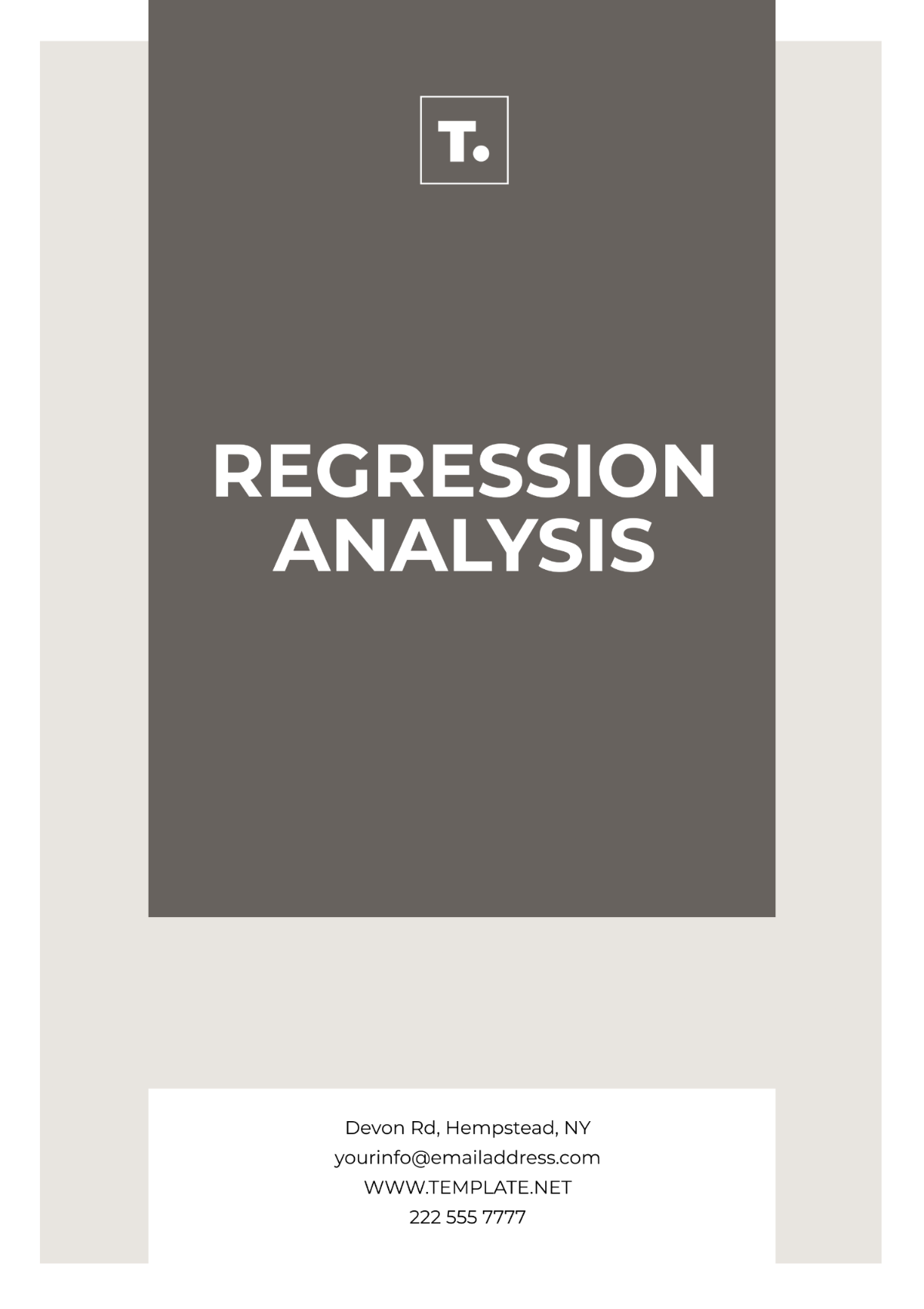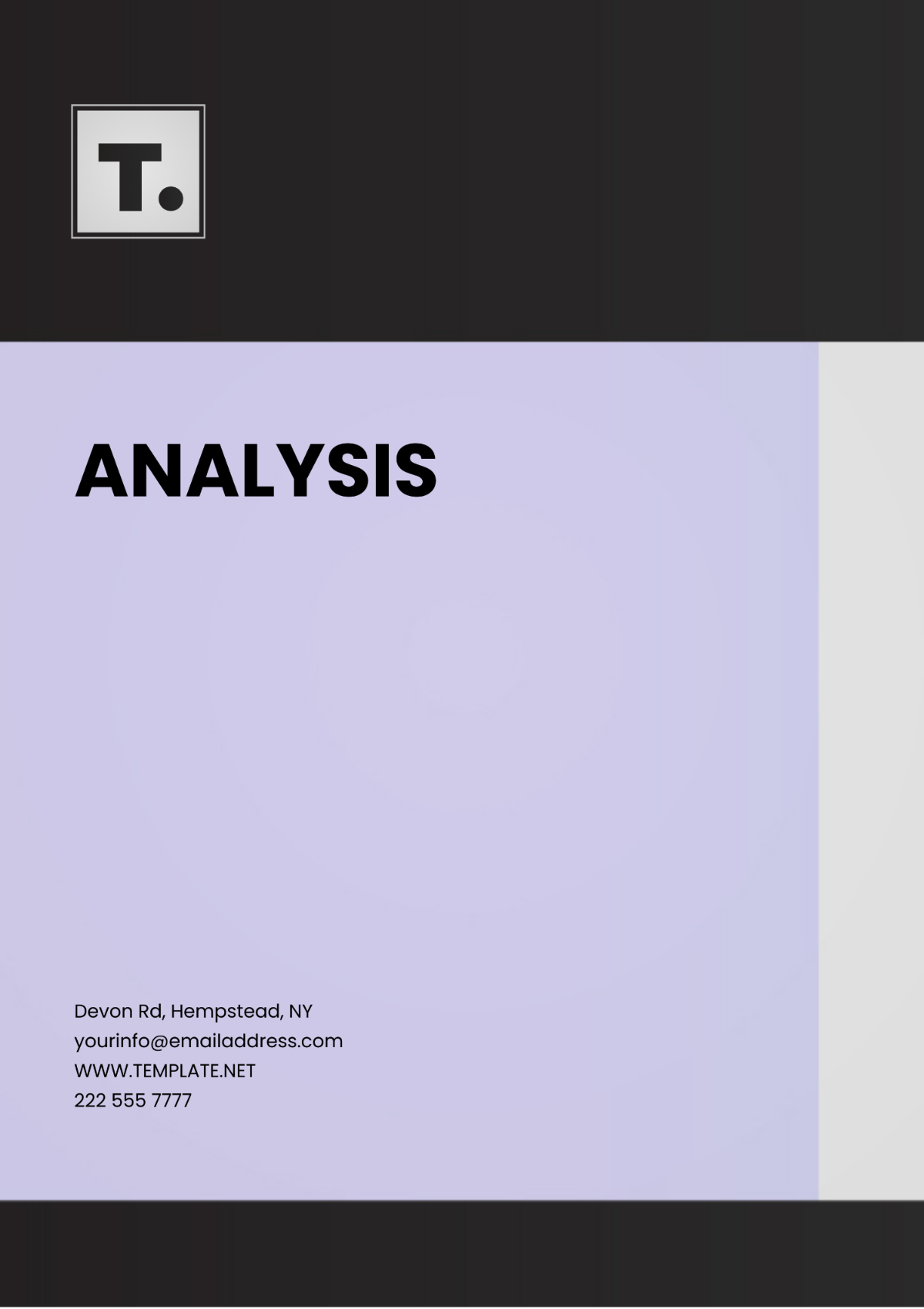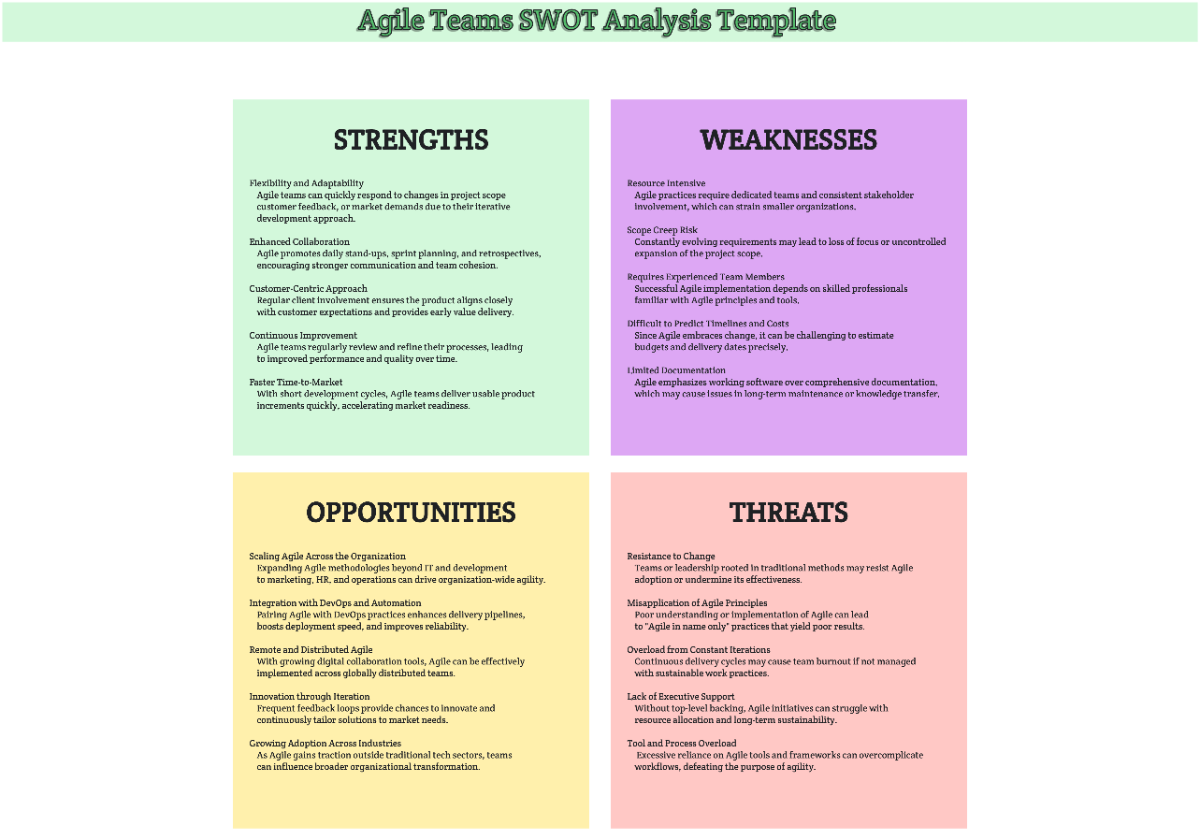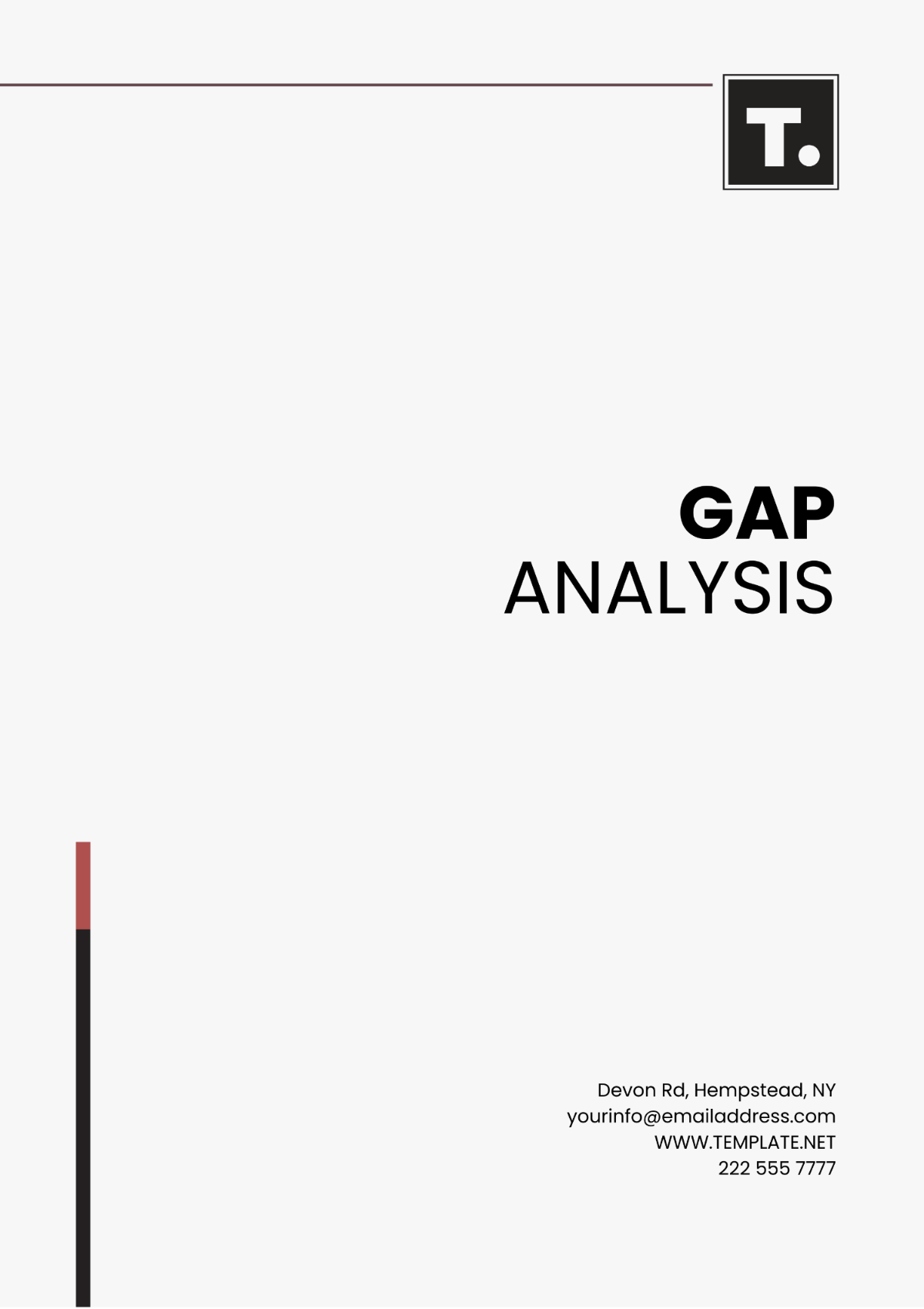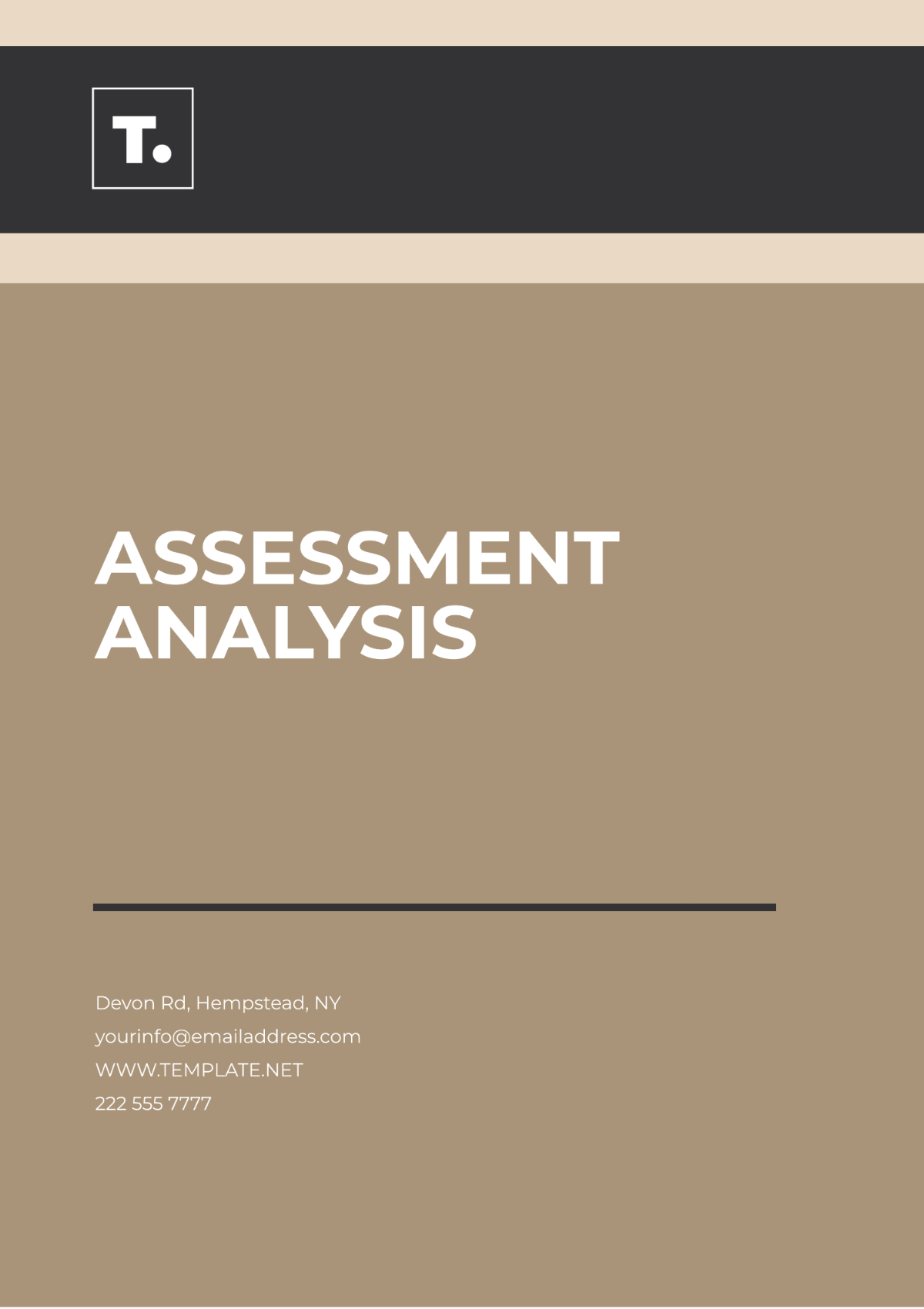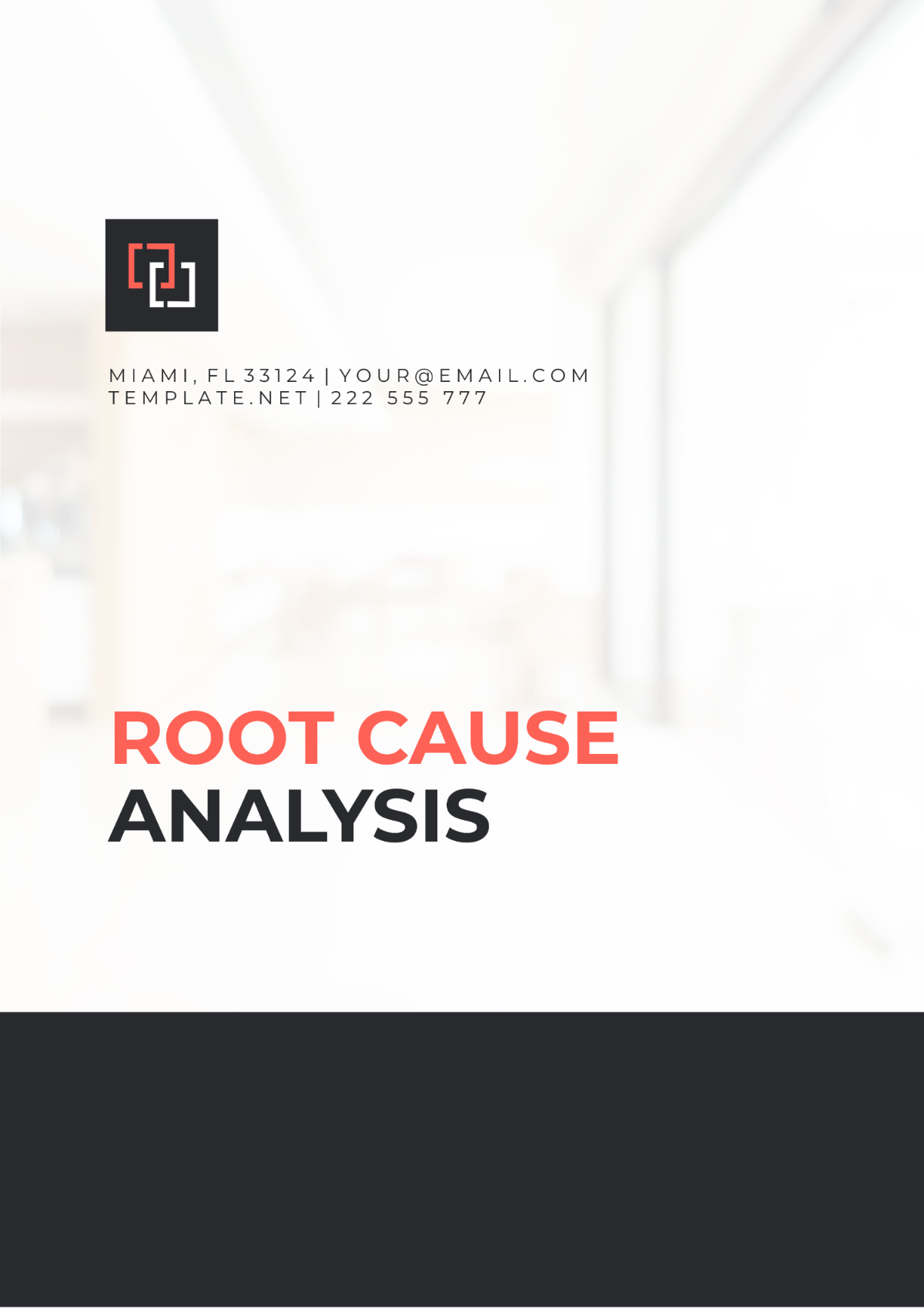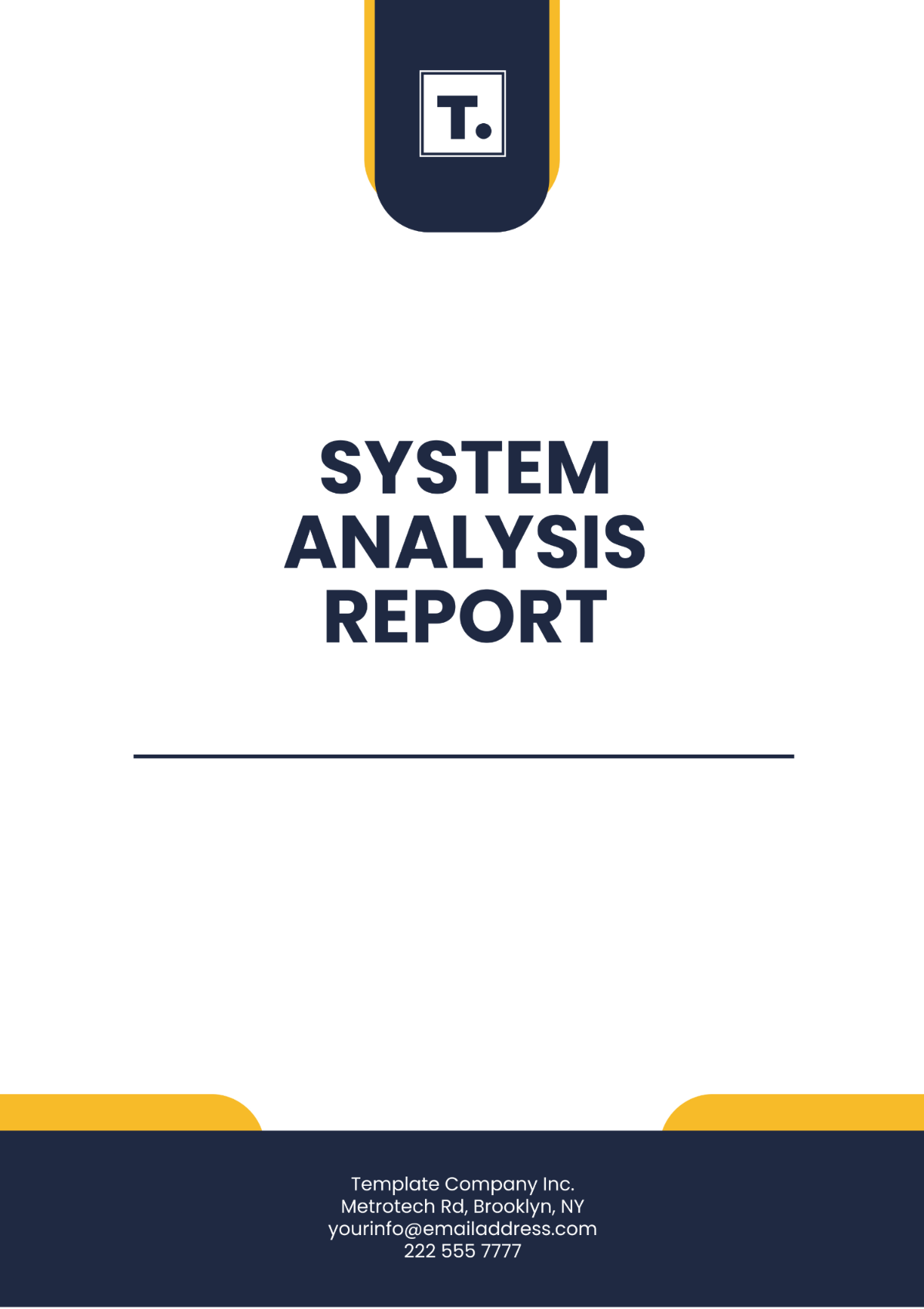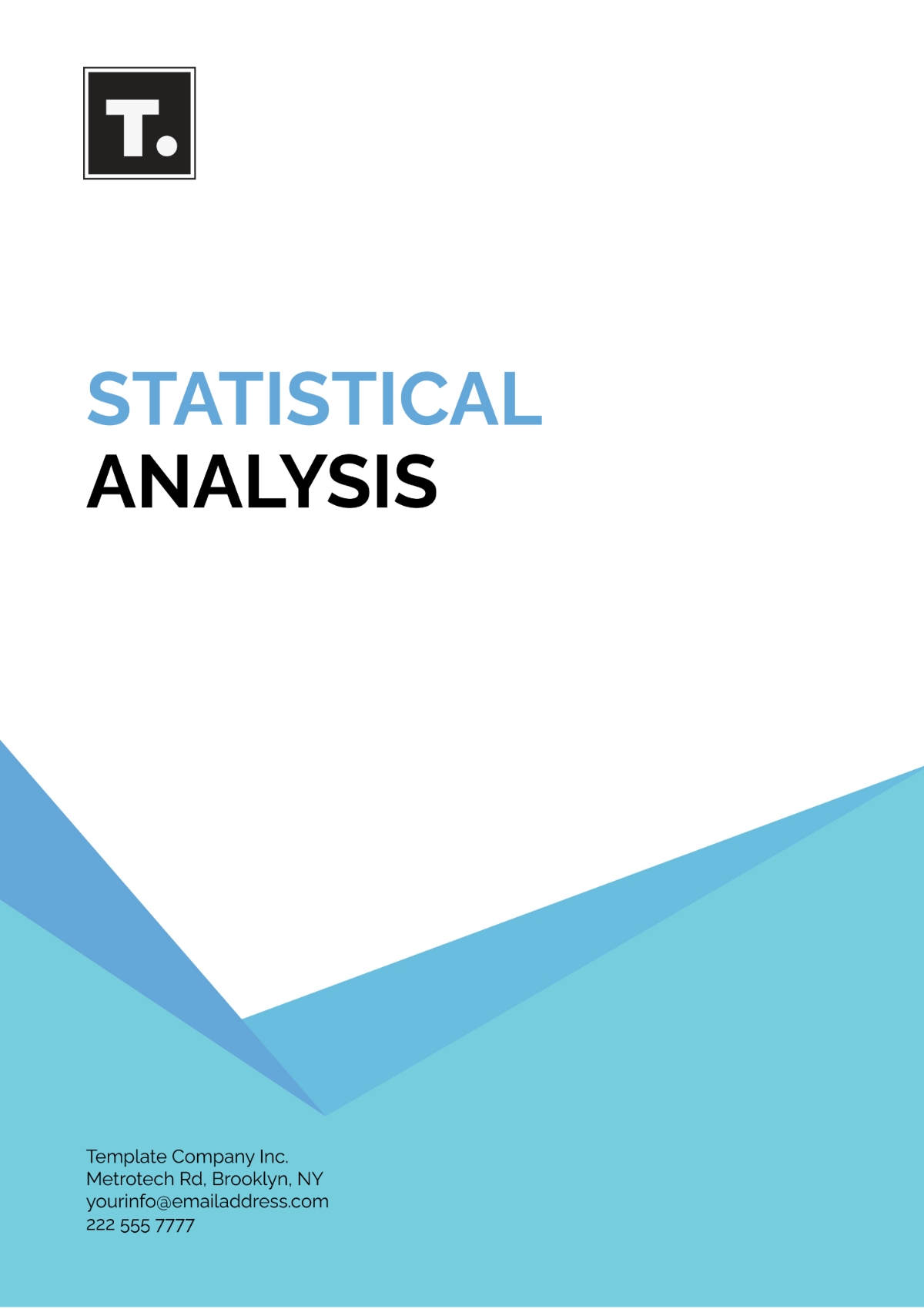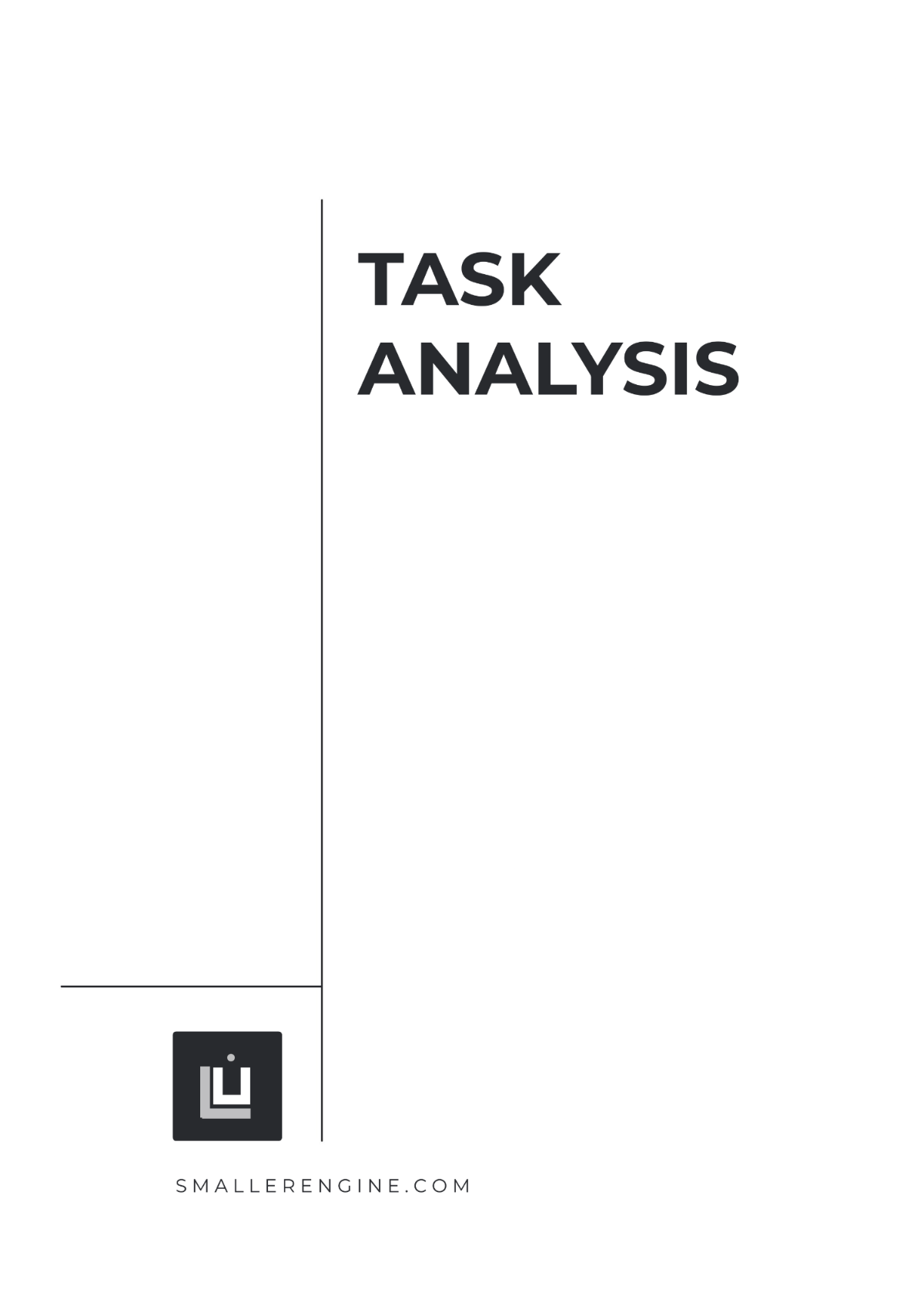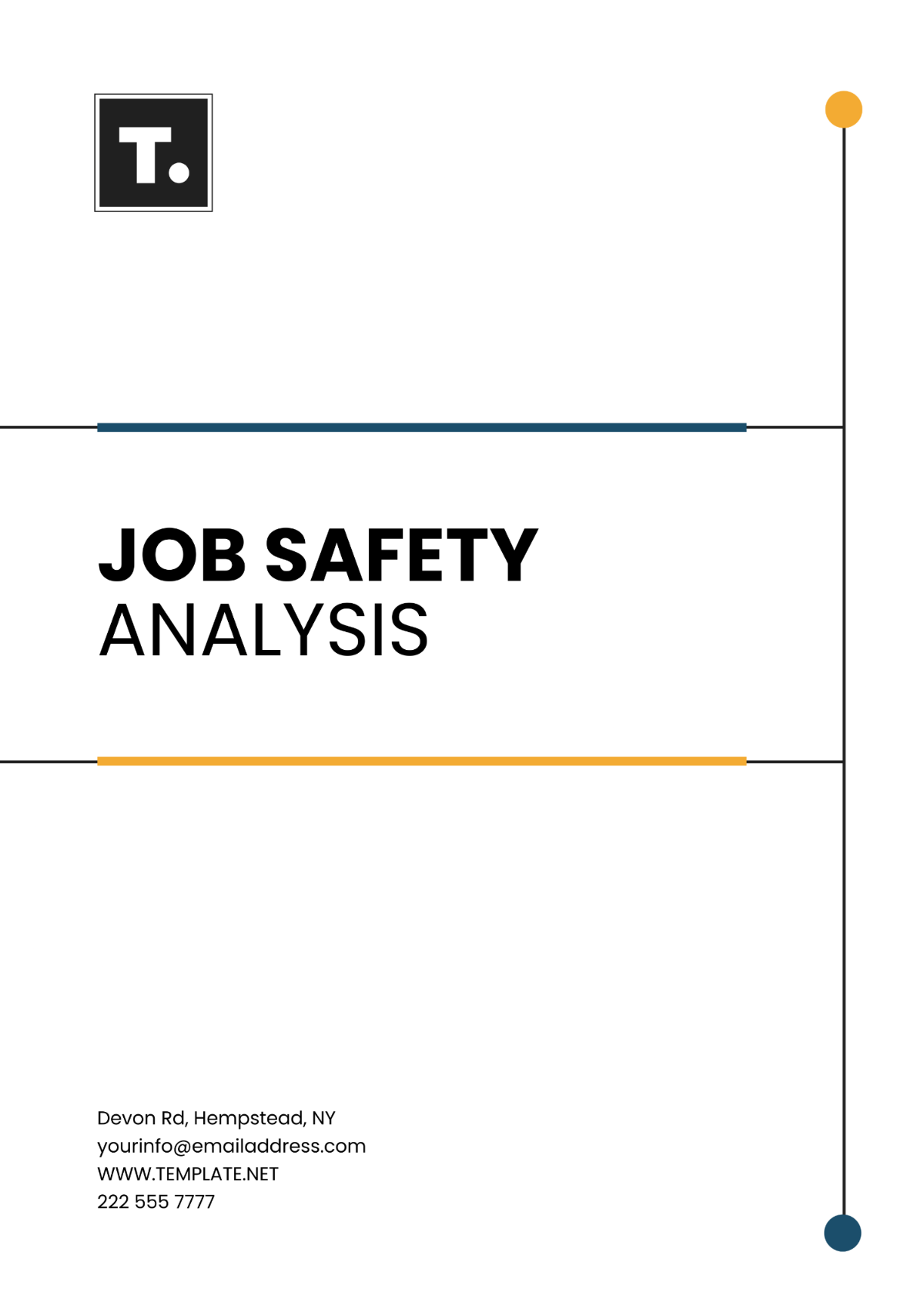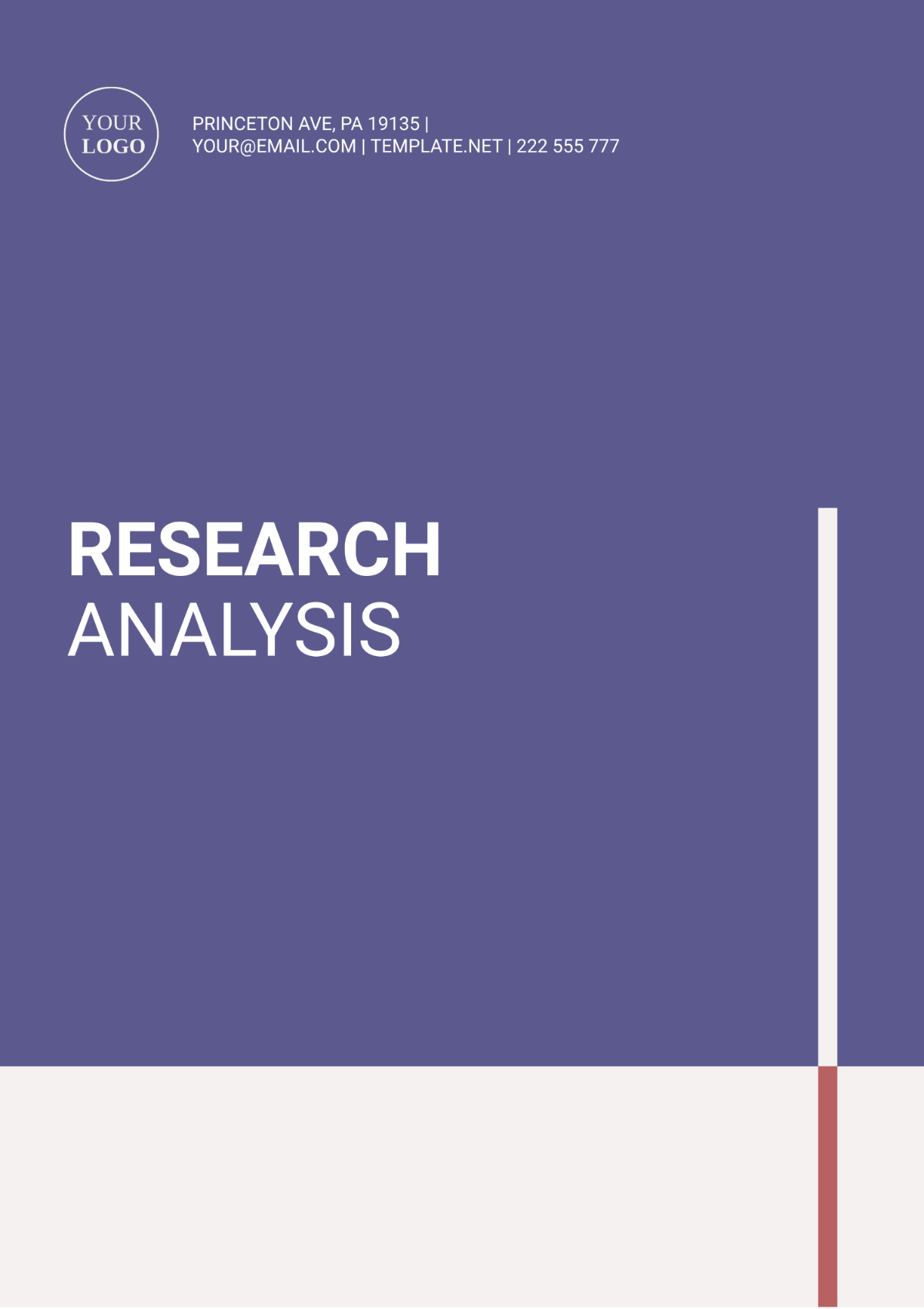Contextual Case Studies for Thematic Analysis
Prepared by: [YOUR NAME]
Company: [YOUR COMPANY NAME]
Date: [DATE]
I. Introduction
The Contextual Case Studies for Thematic Analysis framework, developed by Dummy Company, is designed to assist researchers in systematically analyzing qualitative data within specific contexts. This methodology allows for the organization, coding, and identification of recurring patterns or themes across various case studies, ultimately facilitating a thorough understanding of the subject matter.
II. Framework Overview
The framework consists of several key components that guide the process of thematic analysis. These components include:
Data Collection
Data Organization
Initial Coding
Theme Identification
Reviewing and Refining Themes
Reporting the Findings
A. Data Collection
Data collection involves gathering qualitative data from a variety of sources such as interviews, surveys, field notes, and documents. This step is crucial for ensuring that the analysis is grounded in rich, detailed information.
B. Data Organization
Once the data has been collected, it must be organized systematically. This often involves creating a database or utilizing qualitative data analysis software to store and manage the data. Organized data allows for easier retrieval and examination during the analysis process.
C. Initial Coding
Initial coding is the process of breaking down the data into smaller, manageable segments and assigning labels or codes to these segments based on their content. This step helps in identifying patterns and relationships within the data.
D. Theme Identification
After initial coding, researchers begin to group similar codes to identify potential themes. Themes represent broader patterns or concepts that emerge from the data and help in understanding the underlying meanings of the participants' experiences.
III. Case Study Analysis
The following sections provide detailed analyses of several case studies. Each case study is examined using the thematic analysis framework, highlighting key themes and findings.
A. Case Study 1: Healthcare Delivery
This case study explores the experiences of healthcare professionals in delivering patient care. The data was collected through interviews and field notes.
Data Collection Methods
Interviews and observation notes were gathered from a diverse group of healthcare professionals including doctors, nurses, and administrative staff.
Key Themes Identified
Communication Challenges
Resource Availability
Team Collaboration
Patient Satisfaction
Theme Analysis
Theme | Description | Example Quotes |
|---|---|---|
Communication Challenges | Issues related to the exchange of information among staff and with patients. | "Sometimes, it feels like we're all speaking different languages." |
Resource Availability | The impact of limited medical supplies and equipment on patient care. | "We often have to make do with what we have, which isn't always enough." |
Team Collaboration | The effectiveness of teamwork in providing healthcare services. | "When we work together, things run much smoother." |
Patient Satisfaction | Patients' perceptions of the quality of care they receive. | "The staff were very attentive and made me feel cared for." |
B. Case Study 2: Educational Initiatives
This case study investigates the experiences of educators implementing new teaching strategies. Data was collected through surveys and focus groups.
Data Collection Methods
Surveys were administered to teachers and students, while focus groups were conducted with teachers to gather more in-depth insights.
Key Themes Identified
Adaptation to New Methods
Student Engagement
Teacher Training
Curriculum Development
Theme Analysis
Theme | Description | Example Quotes |
|---|---|---|
Adaptation to New Methods | How teachers and students adjust to new teaching techniques. | "It took some time, but eventually, we saw improvements." |
Student Engagement | The level of interest and participation from students. | "Students seem more interested when we use interactive tools." |
Teacher Training | The availability and effectiveness of training programs for teachers. | "The training sessions were very helpful in getting us up to speed." |
Curriculum Development | Challenges and successes in creating a new curriculum. | "We had to revise the curriculum several times to get it right." |
IV. Conclusion
The Contextual Case Studies for Thematic Analysis framework, provided by Dummy Company, offers a structured approach for analyzing qualitative data within specific contexts. By organizing, coding, and identifying themes, researchers can gain comprehensive insights into complex phenomena. The application of this framework in healthcare and educational case studies demonstrates its versatility and effectiveness across different fields.


